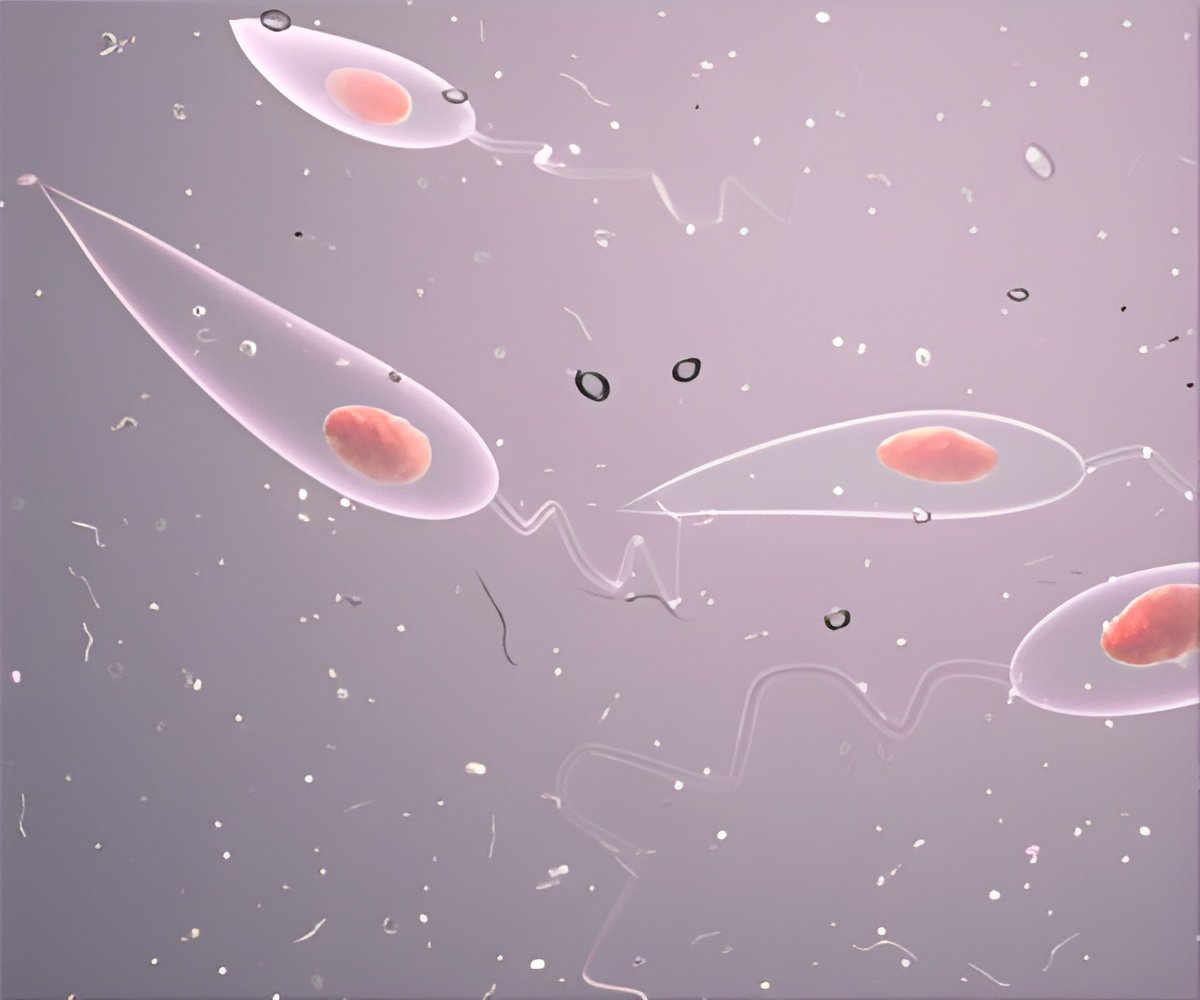Researchers have identified fexinidazole as a possible new treatment for the parasitic disease visceral leishmaniasis.

Fexinidazole is already in phase 1 clinical trials for a related disease - African sleeping sickness – but a research team at Dundee including Dr Susan Wyllie, Professor Alan Fairlamb and colleagues has identified it as having potential in treating leishmaniasis.
Their research has been published by the journal Science Translational Medicine, and was funded by the Wellcome Trust.
Tests in mice showed that the drug has a greater than 98% rate of suppressing infection of leishmaniasis, comparable to current treatments such as miltefosine and Pentostam.
These and other existing treatment options all suffer from disadvantages; they are not always safe, effective or easy to administer. The only oral drug miltefosine cannot be given to women of child-bearing age due to a substantial risk of birth defects; other drugs are costly and have to be given by injection. Thus there is a continuing need for safe and cost-effective drugs suitable for use in resource-poor settings.
Professor Fairlamb said that fexinidazole has the potential to become a safe and effective oral drug therapy for treating the severest form of visceral leishmaniasis.
"The current treatments are far from ideal and we need to find better, cheaper and more easily delivered drugs to tackle the disease. Our research suggests that fexinidazole has strong potential to do that.
"This has been a great team effort and I would like to acknowledge the dedication and enthusiasm of the biologists, chemists and pharmacologists involved in this discovery."
Professor Fairlamb and colleagues are based in the College of Life Sciences at Dundee, which houses the Drug Discovery Unit, formed in 2005 specifically to fill the void of research and development of drug targets for diseases of poverty like African sleeping sickness, leishmaniasis, and Chagas' disease that afflict the developing world.
Professor Fairlamb cited the inspiration of the University's former Chancellor, the Nobel prize-winning pharmacologist Sir James Black, in carrying out the research on fexinidazole.
"Sir James always liked to remind me that `the most fruitful basis for the discovery of a new drug is to start with an old drug'. This adage is particularly apt in the search for effective drugs to treat neglected tropical diseases such as visceral leishmaniasis," said Professor Fairlamb."Indeed, two of the existing anti-leishmanial drugs, miltefosine and amphotericin B, are examples of medicines originally developed for other purposes - anti-cancer and anti-fungal, respectively.
"Our hope is that fexinidazole can follow them and provide relief from a disease that is a major blight across the world."
Source-Eurekalert
 MEDINDIA
MEDINDIA




 Email
Email




